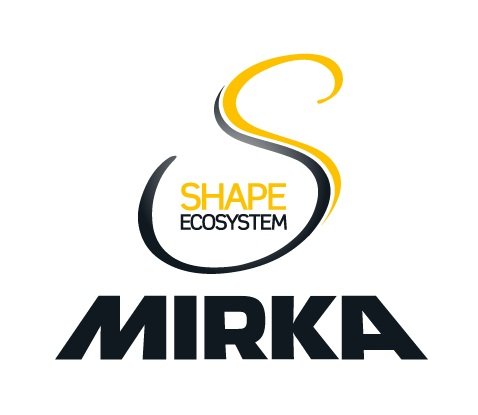RheoMaTe: Turning Rheology into Industrial Impact
Understanding how complex materials behave during processing is becoming increasingly important for the future of sustainable manufacturing. The RheoMaTe project, led by VTT in collaboration with Finnish industry, is addressing this challenge by focusing on the flow behaviour of fibre-based, multi-component materials. These materials, often sourced from renewable, bio-based resources like cellulose, are key to reducing environmental impact, but they can be notoriously difficult to handle in industrial settings.
RheoMaTe brings together research and real-world manufacturing needs. The goal is to convert advanced rheological research into practical tools and techniques that enable better control over how these materials move, mix, and respond during production. By improving this understanding, the project helps companies make more informed decisions, optimize production processes, and enhance the quality and consistency of their products.
From Research to Real-World Results
Central to RheoMaTe’s work is the development of new rheological measurement methods, including in-line monitoring systems that allow for real-time adjustments. These methods are supported by advanced flow imaging techniques, simulation models, and data-driven tools that improve predictability and control. This approach not only boosts efficiency but also supports greater automation and strengthens quality assurance across manufacturing environments.
The project also focuses on sustainable solutions. By making it easier to process bio-based materials, RheoMaTe supports a shift away from fossil-based resources, helping manufacturers reduce energy use, conserve raw materials and water, and transition toward circular production models.
“Rheology is the study of how materials deform and flow under force. It’s about understanding viscoelasticity, how materials behave both like liquids and solids,” explains Simon Sandén, development engineer at Mirka. “In industrial settings, rheology is crucial for optimizing processes and product quality because it helps us predict and control material behaviour during manufacturing.”
The consortium includes measurement and analysis providers, machinery manufacturers, simulation technology providers, and companies from various sectors. Linked to Valmet's Beyond Circularity ecosystem, RheoMaTe expects to commercialize its technologies within 5-10 years, with an anticipated export potential of approximately €985 million by 2032.
Follow the project here

